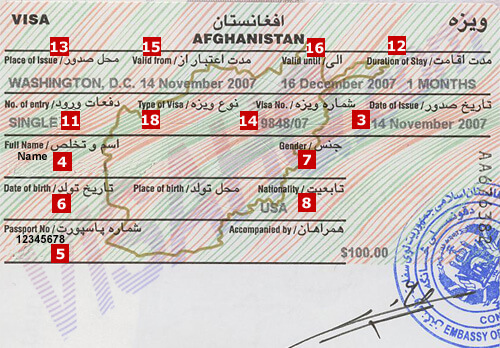Afghanistan Embassy list in Kiribati
Need help?Chat with us
Why Trip Registration at the Afghanistan Embassy is Important
Registering your trip with the Afghanistan embassy is essential for ensuring safety and effective communication during your travels. In an unpredictable environment, timely access to support can be crucial. For instance, in the event of a natural disaster, such as an earthquake, the embassy can expedite evacuation procedures and provide vital information on safe zones. Political unrest can also pose risks; if protests or riots occur, the embassy keeps registered travelers informed about safe areas and potential travel restrictions. Additionally, in the case of a medical emergency, having your information on file allows embassy personnel to assist you more efficiently, potentially guiding you to appropriate medical facilities or coordinating with local authorities for necessary help. By registering your trip, you create a line of support that can prove invaluable in times of crisis.
Afghanistan Embassy FAQs
Can the Afghanistan embassy assist in legal issues abroad?
Yes, the Afghanistan embassy can provide guidance and support for legal issues faced by Afghan nationals overseas. They can connect individuals with local legal resources and advise on best practices.What should I do if I lose my Afghanistan passport in Kiribati?
If you lose your Afghanistan passport in Kiribati, you should immediately report the loss to the local authorities and contact the Afghanistan embassy for assistance in obtaining a replacement passport.Does the Afghanistan embassy provide information about local laws?
Yes, the embassy can provide general guidance about local laws and regulations that may affect Afghan nationals visiting or residing in Kiribati.Can the Afghanistan embassy help in locating missing persons?
Yes, the embassy can assist in locating missing Afghan nationals abroad, working with local authorities to gather information and provide support to families.
Services Provided by Afghanistan Embassies in Kiribati
Passport Services
- Issuance of passports
- Renewal of passports
- Lost passport replacement
Visa Issuance for Foreign Nationals
- Visa applications and processing for foreigners wishing to visit Afghanistan
Assistance in Legal or Medical Emergencies
- Support in navigating legal challenges
- Coordination of medical assistance in emergencies
Travel Alerts and Safety Updates
- Issuing travel advisories and safety updates for Afghan nationals abroad
Support for Nationals Detained Abroad
- Providing assistance and guidance to Afghan nationals facing detention issues in Kiribati or other countries.
Summarized Diplomatic Presence
Afghanistan maintains a diplomatic presence in Kiribati through its embassy, which serves as a critical channel for fostering bilateral relations and providing essential services to Afghan nationals. The embassy operates primarily in the capital, serving to promote diplomatic dialogue, trade, and cultural exchange. With a focus on enhancing cooperation, the embassy plays a significant role in ensuring the welfare of Afghans abroad, facilitating communication, and addressing legal, medical, or emergency concerns. Overall, the embassy’s presence underpins Afghanistan’s commitment to protecting its citizens’ interests and promoting international collaboration.
